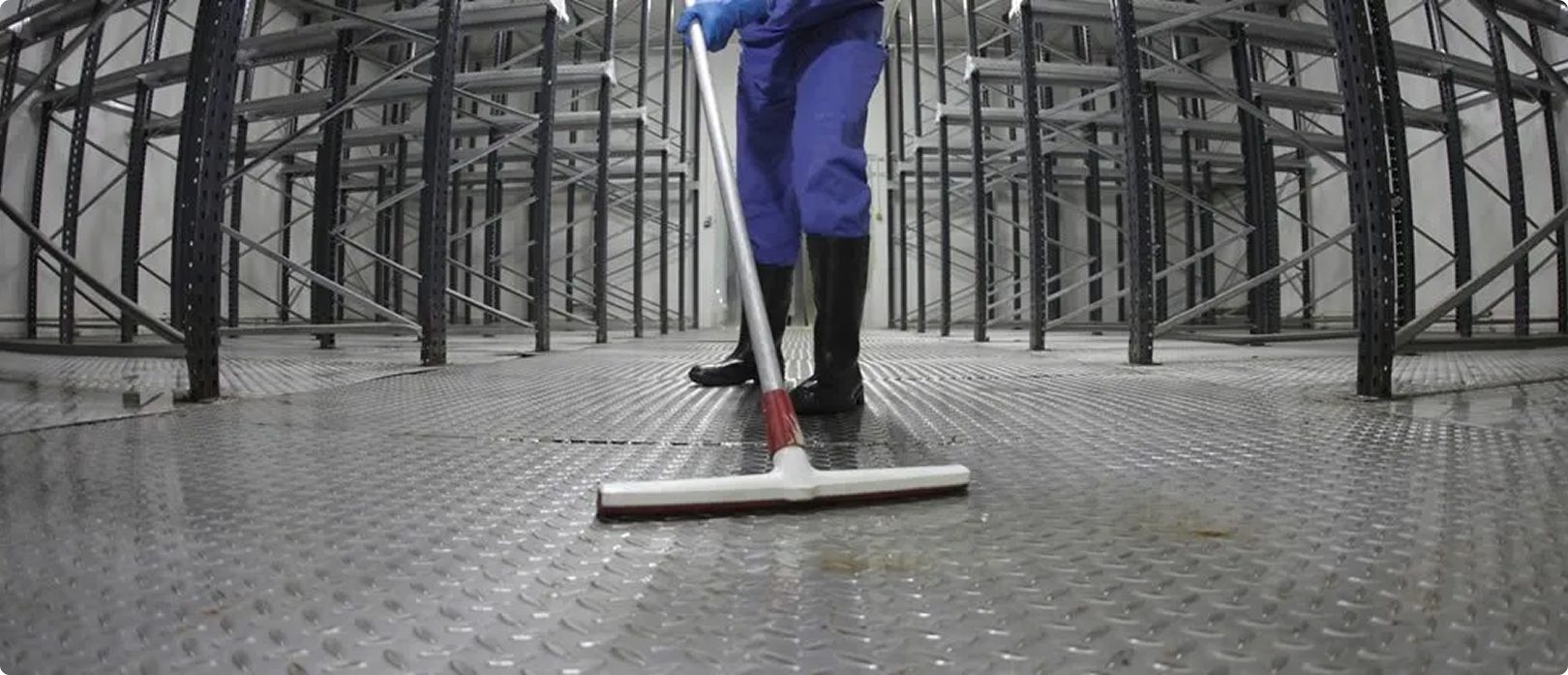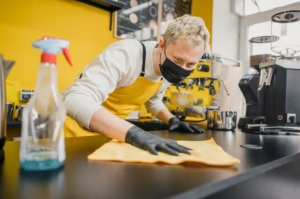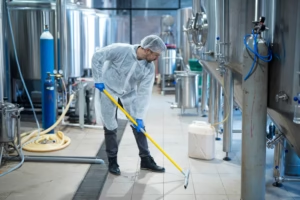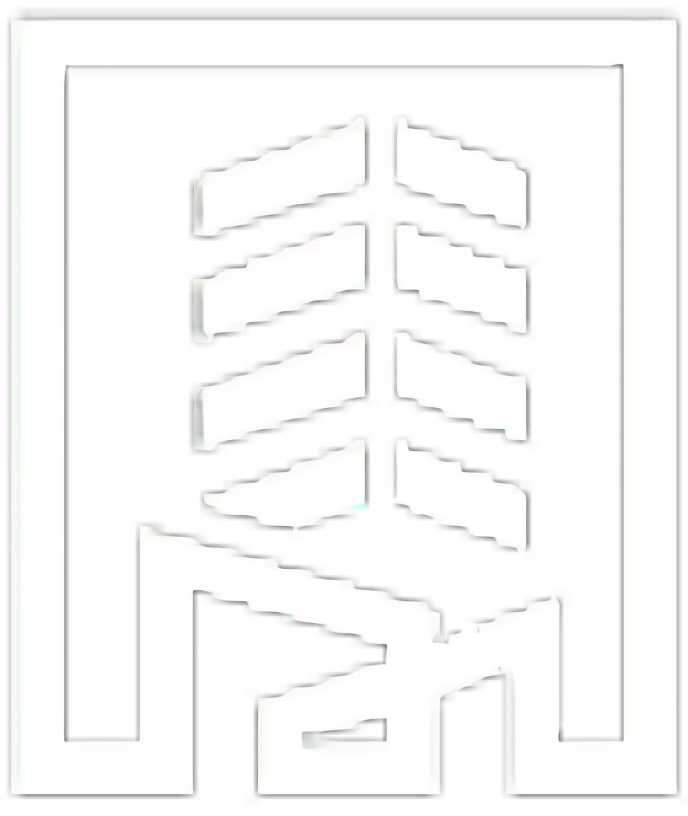That’s where professional factory floor cleaning services come in — offering specialized solutions tailored to the unique needs of industrial facilities.
Why Factory Floor Cleaning Is Important
Safety First
Factory floors are often exposed to oil, grease, chemicals, and debris that can lead to slips, falls, and other workplace accidents. Regular cleaning reduces these risks, ensuring the safety of workers, equipment operators, and visitors.
Compliance with Regulations
Many industries are required to meet strict health and safety standards under local and international regulations (like OSHA or ISO standards). Regular factory cleaning helps maintain compliance and reduces the risk of fines or legal issues.
Equipment Longevity & Performance
Dust, debris, and residue buildup can affect the performance of machinery and lead to costly breakdowns. Clean floors reduce wear and tear on equipment like forklifts and conveyors, helping to extend their lifespan.
Improved Productivity
A clean workspace is a more efficient workspace. Workers can move freely, tasks flow more smoothly, and morale is improved when the environment is organized and hygienic.
What’s Involved in Factory Floor Cleaning?
Cleaning a factory floor goes far beyond mopping and sweeping. It requires the right tools, techniques, and expertise to tackle industrial-level grime. Typical services include:
- Degreasing and Oil Removal
Heavy-duty degreasers are used to break down oil, hydraulic fluid, and grease that accumulate on floors and around equipment. - Scrubbing and Power Washing
Industrial-grade floor scrubbers and pressure washers are used to remove deep-set dirt and stains, especially on concrete or epoxy-coated floors. - Dust and Debris Removal
High-efficiency vacuum systems are used to safely capture dust, metal shavings, and other fine particles without spreading them into the air. - Chemical Spill Cleaning
Specialized procedures and PPE are used to clean up chemical spills in accordance with safety standards. - Anti-Slip Floor Treatment
In high-traffic or wet areas, treatments may be applied to enhance traction and reduce slip hazards. - Disinfection and Sanitization
For food processing or pharmaceutical facilities, sanitization may be required to meet hygiene protocols.
Customized Scheduling & Safety Precautions
Factory cleaning often needs to be scheduled outside of operating hours or during planned shutdowns. Professional cleaning teams will work closely with your operations team to ensure minimal disruption and full compliance with safety policies.
They are trained to work around heavy equipment, understand the risks of hazardous materials, and use the proper signage and PPE.







